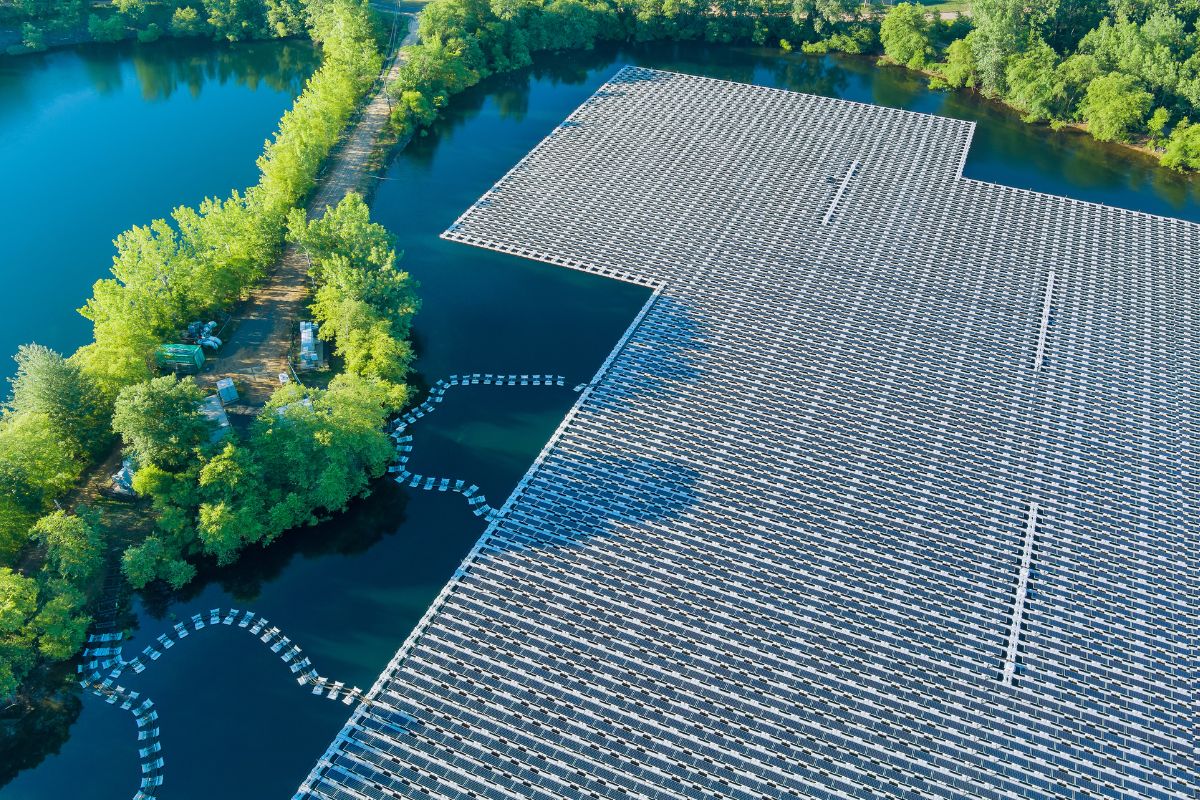Unbelievable: Floating Solar Panels May Increase Greenhouse Gas Emissions!

Imagine a world where floating solar panels—a supposed clean energy hero—could be harming the very ecosystems they aim to protect! That's right, recent research has revealed a shocking twist in the tale of these innovative energy solutions.
Floating solar panels, or photovoltaic systems positioned on water surfaces like lakes and ponds, are often celebrated for their efficiency and ability to save land space. These panels benefit from natural cooling which enhances their performance, and they’re also known to reduce water evaporation while improving water quality. Sounds perfect, doesn’t it?
In recent years, floating solar technology has garnered attention as an environmentally friendly alternative to traditional power generation, sprouting up on canals in India, water reservoirs in Switzerland, and marshes in Spain. Not only do they produce energy, but they also offer benefits like minimizing water loss in drought-stricken areas.
However, a groundbreaking study out of Cornell University has thrown a wrench into the works. Researchers set out to investigate the environmental impacts of these floating solar arrays on smaller bodies of water, and their findings are anything but favorable.
Surprisingly, installing these panels on ponds leads to a dramatic rise in greenhouse gas emissions. The study involved covering three experimental ponds with solar panels while leaving others untouched as control groups. After several months, the results were startling: the covered ponds exhibited a staggering 27% increase in greenhouse gas emissions—specifically, dissolved methane and carbon dioxide levels skyrocketed.
Moreover, the research noted a drop in dissolved oxygen, which is vital for aquatic life, along with disruptions in organic matter decomposition and microbial activity. This indicates that floating solar panels are altering the ecological balance of these fragile ecosystems, raising serious concerns for environmental sustainability.
While these findings may sound alarming, it’s essential to keep them in context. When compared to the carbon footprint of fossil fuels, floating solar energy still holds an edge. Yet, this study underscores a vital truth: we must be diligent in assessing the full environmental impact of emerging technologies.
Floating solar panels shouldn't be shelved entirely. Their deployment must be thoughtfully evaluated on a case-by-case basis. While large artificial reservoirs and canals can be ideal homes for these systems, we must protect smaller, natural ponds. As we navigate the energy transition, it’s crucial to be intelligent about our choices and minimize unintended consequences for the planet.
















